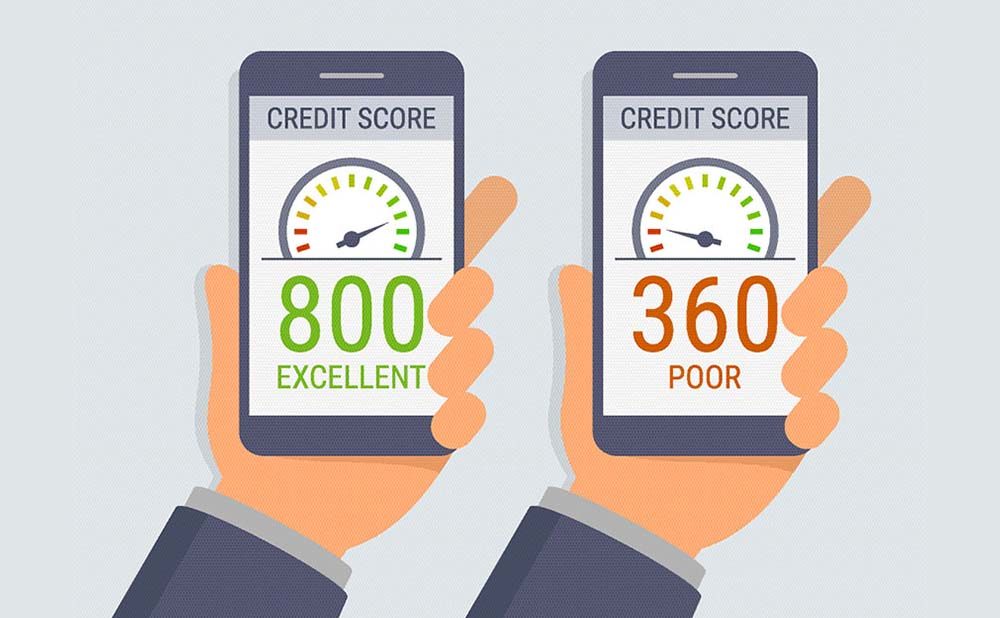
Getting a mortgage with a rock-bottom interest rate depends on your credit score. Read on to discover how a good vs. great credit score impacts your interest and payments. And how rates and credit scores are entwined. Then you can decide whether you should work on your credit first or apply for a mortgage right away.
Before the recent Loan Level Pricing Adjustments (LLPA) put in place by the government, 740 would qualify for the best rates in the market.
Now the top tier is 780 as of 05/01/2023.
Here’s how FICO scores are rated for mortgage applications:
- Excellent Credit Score: 780-850
- Very Good: 720-779
- Good: 690-720
- Average: 690
- Average but mortgage eligible: 620-690
For Mortgages, Good vs. Great Credit Scores Make a Big Difference
580-620: Ability to get a mortgage with compensating factors, like great income or cash reserves
620: Ability to get a mortgage
620-680: Eligible for FHA with a great rate but has MI
680+: Eligible for Conventional with a larger down payment (15-20%)
780+: Qualify for the best rates in the market
Interest Rates for Excellent Credit
Once your score is above 780, you’re golden – and so is your interest rate. A high score in this range means you have excellent credit and get the lowest interest rate.
Interest Rates for Very Good Credit
With a FICO score between 720 and 799, you’ll still get an excellent rate.
So What’s Considered A Good Credit Score?
A good credit score is 690 to 720. As your score drops, your rate increases, and so does your monthly payment. Ideally, you want the highest score possible but don’t want to wait so long that rates go up. That defeats the purpose.
Should you work on your credit before getting a mortgage?
If you have a job and are open to being receptive to guidance from a mortgage professional, you should call Homestead to get pre-approved. Our licensed loan officers can offer credit advice to improve your credit score for free.
Here are quick fixes that can help raise your score.
Pay down credit cards – There are many ways to improve your credit cards. For one, if you have extra money over and above what you’ll need for a down payment and closing costs, consider paying off or paying down credit cards. But don’t close the account because that will lower your score.
Other Factors Besides Credit That Affect Interest Rates
- Occupancy – primary residence gets the lowest rate, and investment receives the highest.
- Property type – single-family homes get lower rates than condos.
- Down payment – may affect the rate depending on the loan type.
Final Comments on Good vs. Great Credit Score
If you’re still weighing whether you should get a loan now or work on your credit – give us a call. We see all sorts of situations, and we can tell you your best course of action. And if you need to raise your credit score, we’ll give you some additional tips.
Whether this is your first home or your fifth, we’re here to help. Our low-interest home loans are some of the best in the states we serve. Contact us today to learn more about the programs we offer that might be the right fit for you and your family.